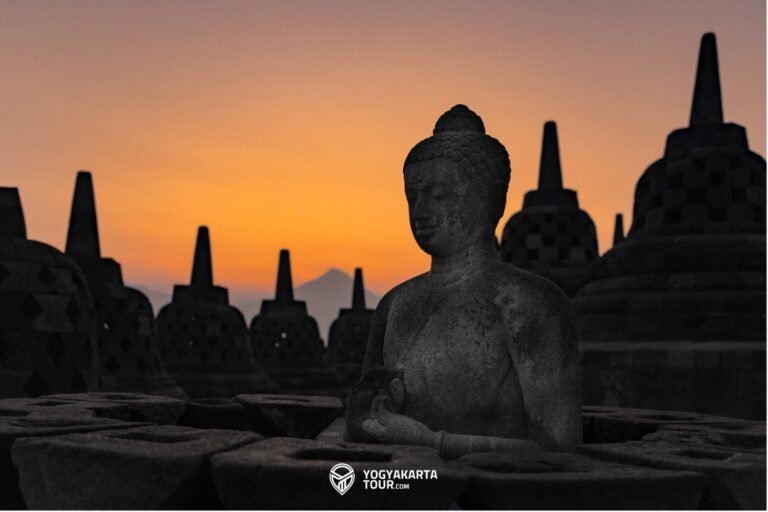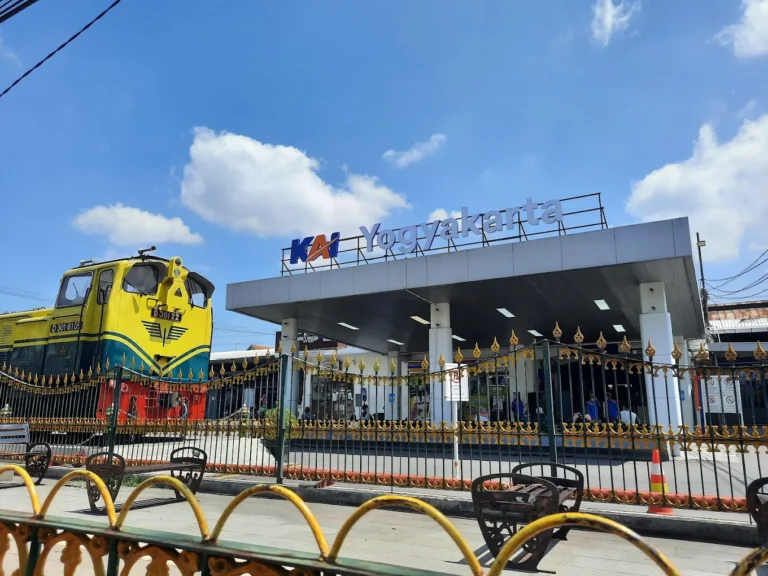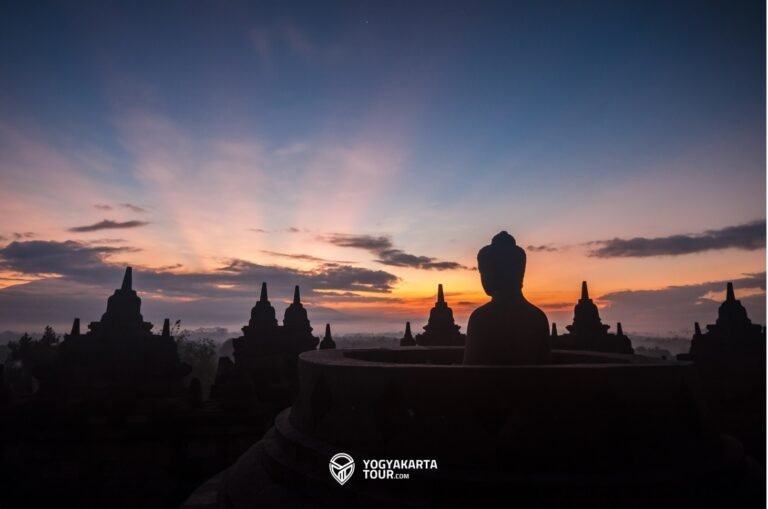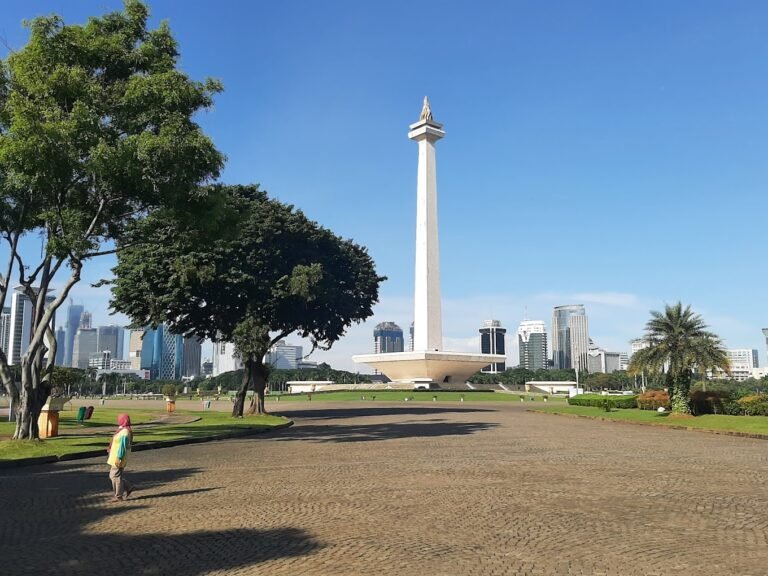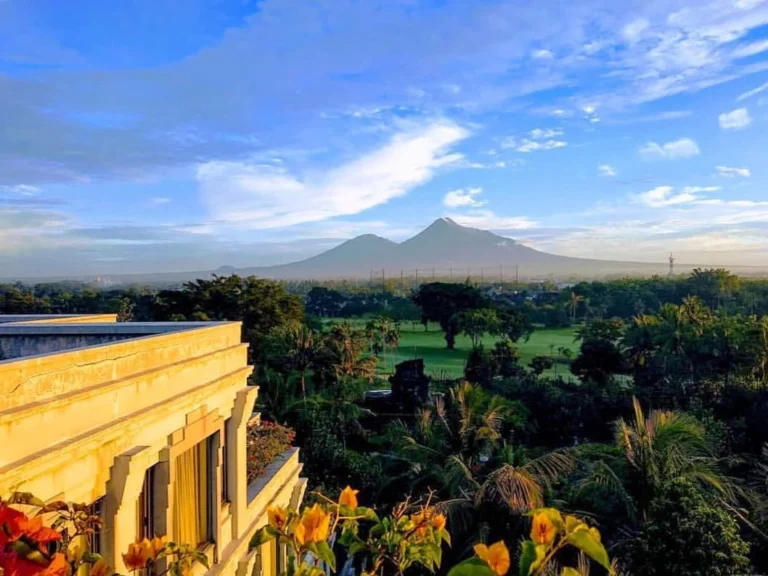Many foreign tourists ask us, “Are there any traditional events at the Yogyakarta Palace we can watch during the year?”
The answer is: yes, absolutely! The Yogyakarta Palace (Kraton Ngayogyakarta Hadiningrat) is not just a historical building. It’s still the center of Javanese royal culture and traditions — a living palace where real ceremonies, rituals, and royal events are held all year long.
If you’re a tourist who’s curious about local customs, or if you love cultural festivals, then joining or witnessing a palace event can be a truly unforgettable experience.
In this article, we’ll guide you through the most important annual events at the Yogyakarta Palace. You’ll learn what happens, when it happens, and why it matters to the Javanese people. And at the end, we’ll share how Yogyakartatour.com can help you experience these events firsthand — easily and comfortably.
Let’s begin the royal calendar of Yogyakarta!
1. Why Does the Palace Still Hold Events Today?
Before we jump into the events, let’s answer this simple question:
“Why does the Kraton still organize traditional events in modern times?”
The answer is because the Sultan and the royal family still play a cultural role, even though they don’t have full political power like in the past (except in Yogyakarta, where the Sultan is also the Governor).
The Kraton works hard to preserve Javanese customs, spiritual values, and artistic traditions. The events are held to:
- Honor ancestors and spirits
- Celebrate Islamic or Javanese calendar milestones
- Show appreciation for local arts, dances, and rituals
- Pass traditions to the next generation
For tourists, these events are a chance to see real Javanese culture, not just as a performance, but as a part of life.
2. Sekaten (Held in Rabiul Awal / Islamic Calendar Month)

Have you ever seen a royal celebration mixed with carnival vibes?
Sekaten is one of the biggest and most exciting annual palace events. It celebrates the birthday of Prophet Muhammad and usually happens in Rabiul Awal, the third month of the Islamic calendar (often falls between October and January, depending on the year).
What happens during Sekaten?
- A week-long fair is held at the North Square (Alun-Alun Utara) with food stalls, games, and traditional markets
- The palace’s sacred gamelan instruments are played every day in front of the Grand Mosque
- Locals and tourists come to pray, shop, and enjoy the festive atmosphere
Final highlight:
The Grebeg Maulud procession — where offerings made of rice, fruits, and vegetables (called gunungan) are paraded and distributed to the public for good luck.
3. Grebeg Events (Grebeg Maulud, Grebeg Syawal, Grebeg Besar)
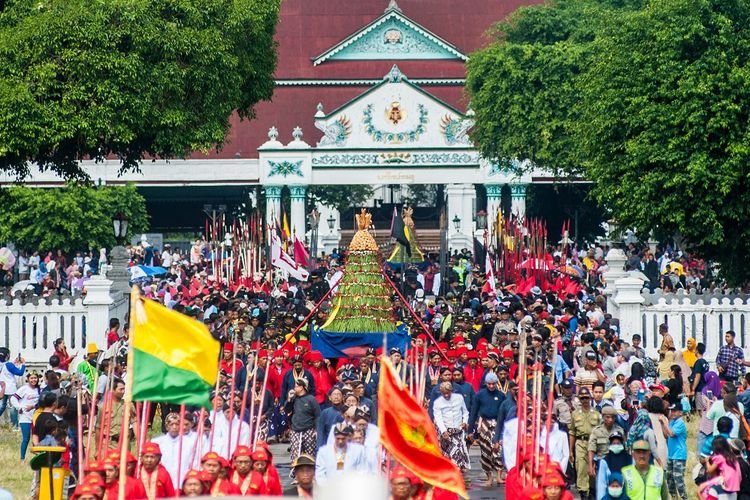
Do you want to witness a sacred and colorful royal parade?
The Kraton holds three Grebeg events every year, each one tied to major Islamic holidays:
🌾 Grebeg Maulud
- Celebrates the birthday of Prophet Muhammad
- Held at the end of Sekaten
🕋 Grebeg Syawal
- Held after Eid al-Fitr (Lebaran) to mark the end of Ramadan
🐑 Grebeg Besar
- Held during Eid al-Adha (the Festival of Sacrifice)
What happens in each Grebeg?
- The palace prepares gigantic cone-shaped offerings (gunungan)
- Soldiers in traditional royal uniforms lead a ceremonial parade from the Kraton to the Grand Mosque
- After prayers, the gunungan is shared with the public, who believe it brings blessings and fortune
It’s one of the best cultural experiences you can see in Jogja!
4. Tingalan Jumenengan Dalem (Palace Anniversary / Sultan’s Coronation Day)
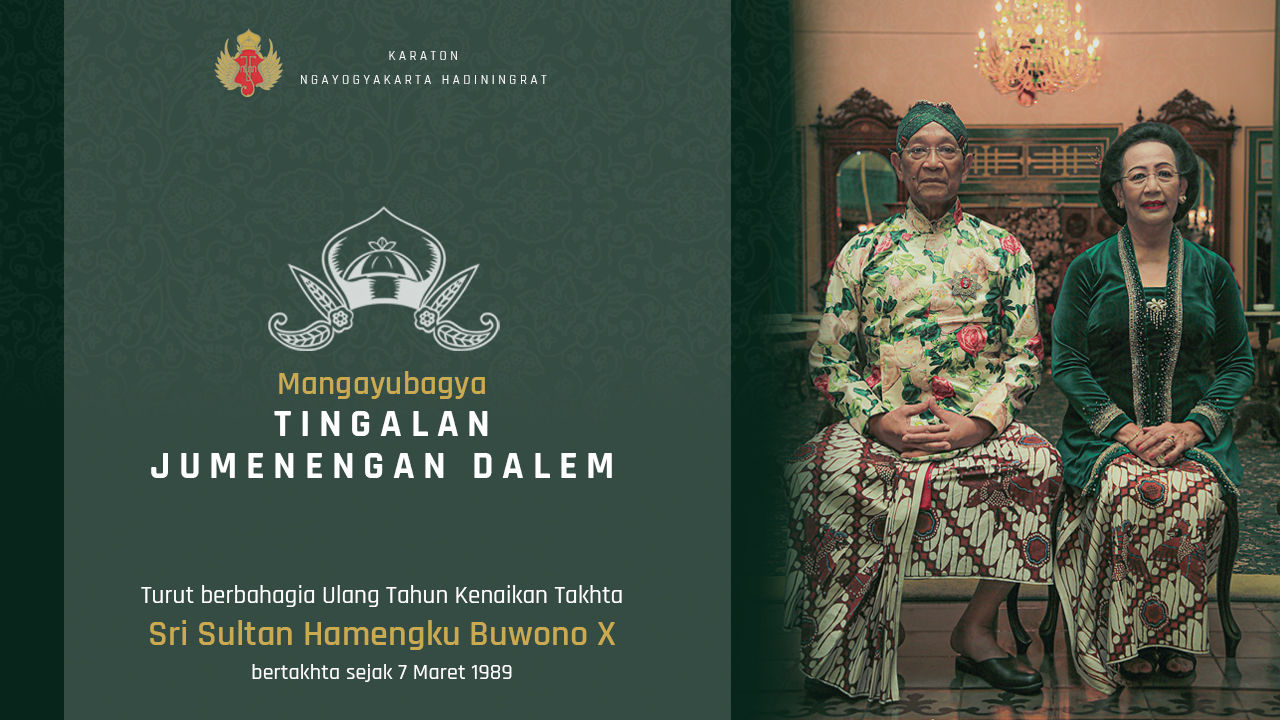
Want to experience a royal birthday celebration?
Tingalan Jumenengan Dalem is the anniversary of the Sultan’s coronation, celebrated once a year according to the Javanese calendar. The date changes every year, but the event is usually announced in advance.
What makes it special?
- A grand traditional dance performance is held at the palace
- High-ranking guests and royal families from other regions may attend
- Special rituals are conducted inside the Kraton (not always open to public)
If you’re in Yogyakarta during this event, it’s a great time to feel the atmosphere of royal pride and respect for the Sultan.
5. Labuhan Ceremony (Usually in April or May)

Curious about Javanese spiritual rituals related to nature?
The Labuhan ceremony is a sacred ritual where the Kraton gives offerings to the spirits of nature, such as mountains and the sea.
Where does it take place?
- Mount Merapi (Labuhan Merapi)
- Parangkusumo Beach (Labuhan Laut)
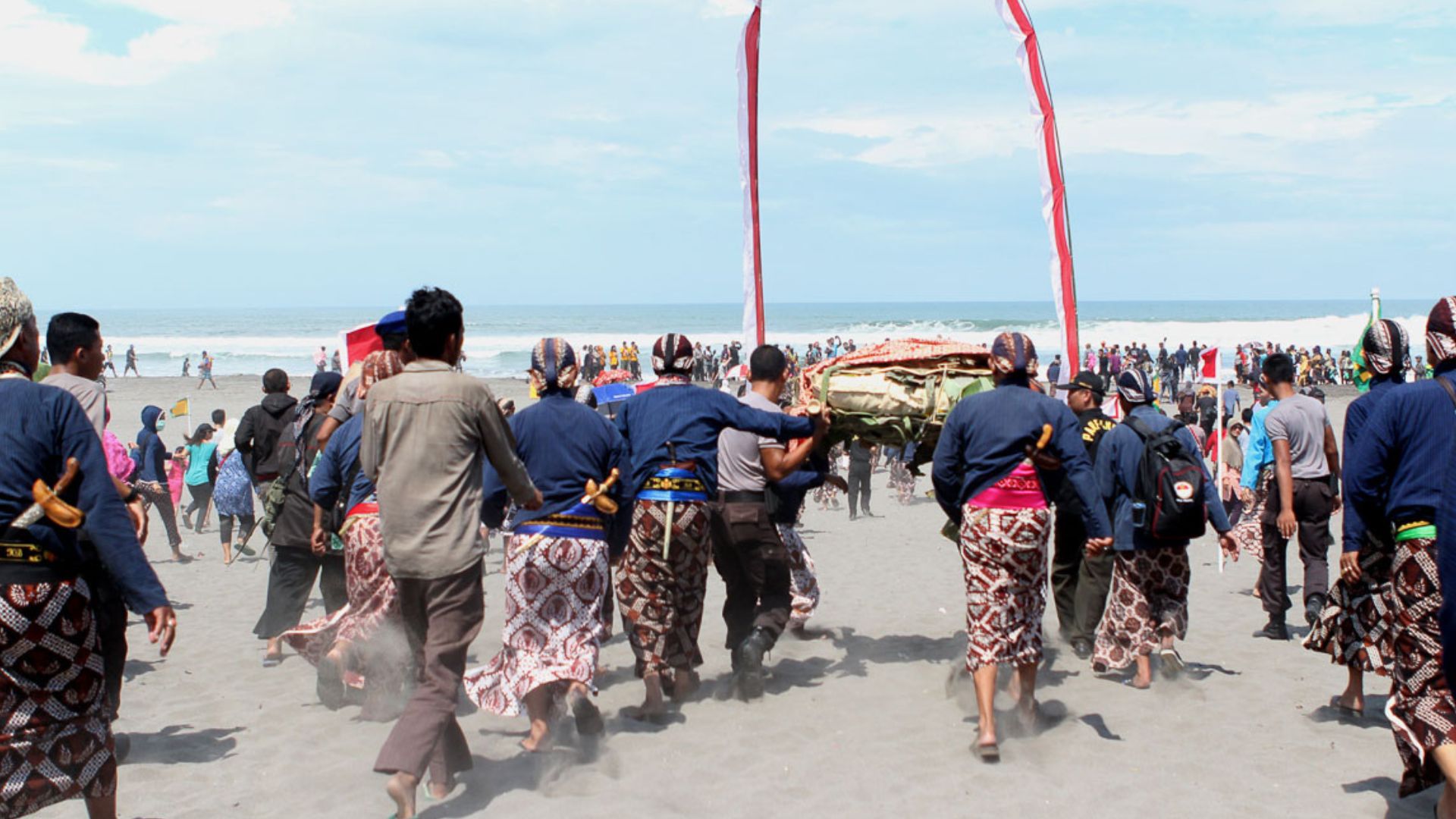
What is offered?
- Royal clothes, herbs, and symbolic items are thrown into the sea or buried on the mountain
- A special group of royal servants and elders lead the procession
- Locals often join and pray for blessings
This event is a great example of how the Kraton respects both Islam and ancient Javanese beliefs.
6. Miyos Gongso and Tumplak Wajik (Part of Sekaten Opening)
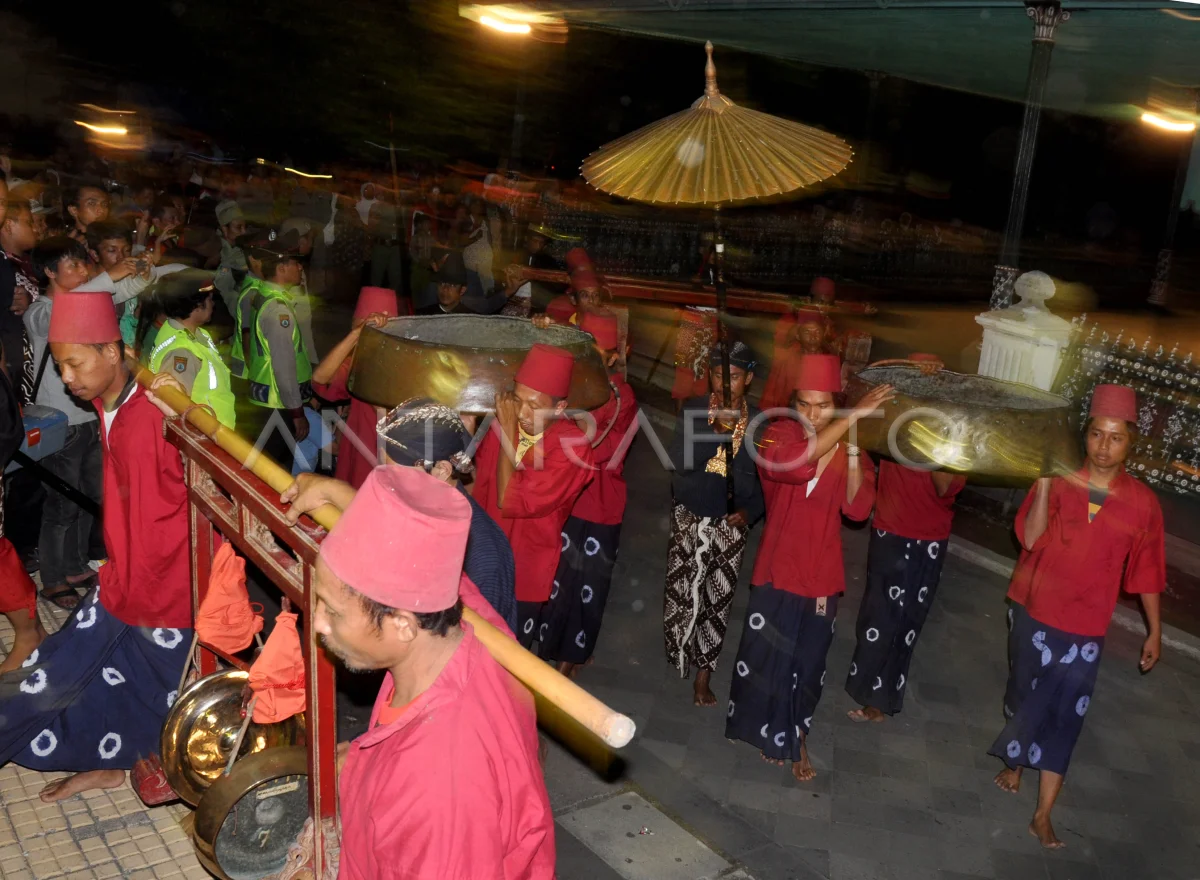
Want to see ancient gamelan instruments played for a sacred cause?
Before Sekaten officially begins, the palace holds a small ceremony called Miyos Gongso, which means “bringing out the gamelan.”
Then, a few days later, Tumplak Wajik is held — a special event where people make and distribute wajik (sweet sticky rice) as part of the preparation for Grebeg Maulud.
These smaller rituals are less known by tourists, but they are full of charm and local meaning.
7. Sri Sultan Hamengkubuwono’s Birthday
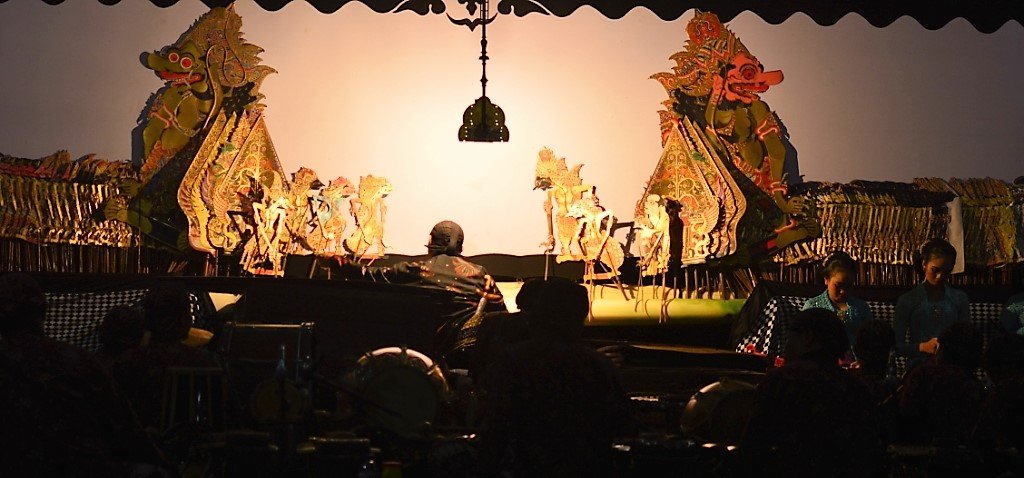
Is the Sultan’s birthday celebrated publicly?
Yes, though not always with a big event. But depending on the year, the Kraton may hold:
- Wayang kulit (shadow puppet) performances
- Cultural exhibitions
- Public speeches or charity events
It’s a chance to celebrate the current Sultan’s life and contribution to Yogyakarta and Indonesia.
8. Wayang Wong and Classical Dance Events (Various Dates)
Love traditional performances?
The Kraton frequently holds wayang wong (human puppet theatre) and classical Javanese dance shows, especially during:
- Palace anniversaries
- Sekaten
- Special royal holidays
These shows are often held in the Bangsal Srimanganti pavilion, and sometimes open to the public for free.
You’ll see elegant costumes, slow graceful movements, and traditional music — it’s a peaceful, beautiful experience that reflects the depth of Javanese philosophy.
9. Want to Experience These Events With Ease? Let Us Help!
At Yogyakarta tour .com, we often help foreign travelers experience these special palace events — even the ones that aren’t easy to find online.
Here’s how we can assist:
✅ Our services include:
- Private and guided palace tours, including history explanations
- Event calendar updates, so you don’t miss any ceremonies
- Cultural workshop add-ons, like batik, gamelan, or dance classes
- Easy transportation to mountain or beach rituals like Labuhan
- English-speaking guides who can explain the deeper meaning of each tradition
We’re not just a travel agency — we’re locals who love our culture and want you to enjoy it too.
Final Words from Our Team
Yogyakarta is more than temples and souvenirs. It’s a city where royal traditions still live, where ancient rituals happen side by side with modern life.
By attending a Kraton event, you’re not just seeing a show. You’re witnessing a living tradition that’s been passed down for centuries.
And if you want to see it all without the stress of schedules or language barriers, let us at Yogyakartatour.com be your cultural companion.
See you in Yogyakarta — where every month brings a royal story.
—
Written by Yogyakartatour.com Team – Your friendly guide to timeless culture, living heritage, and unforgettable experiences in Yogyakarta.


